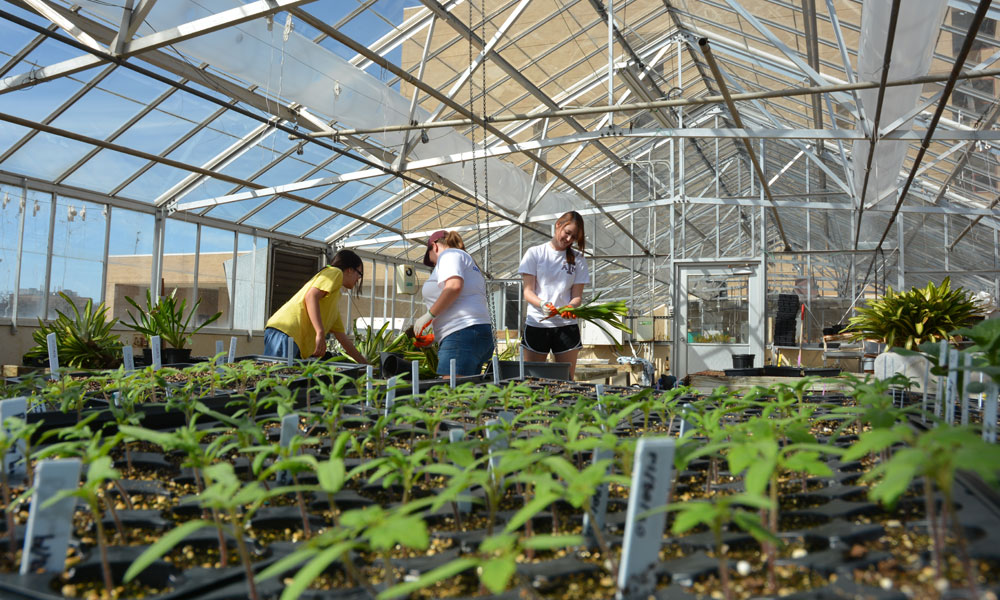It’s all about plants
Horticulture is defined as the branch of Agricultural Science that deals with the art, technology, science and business of cultivating of plants, fruits, nuts, vegetables, herbs, mushrooms and algae. Even non-food plants like bushes, shrubs, ornamental trees and garden landscaping, maintenance of nurseries, greenhouses, plantations, orchards and cultivation of flowers come under the Horticulture umbrella. While many institutes offer this B.Sc. in Horticulture as a separate course, many others offer it as a subset of Agriculture.
If you love plants, flowers and gardening, then this is for you. It is not necessary that you need to have your own land and start cultivation after this. The options for a successful career are so wide and varied once you complete this course.
Industry choices
The opportunities for horticulturist graduates are in related industries like agri-biotech companies, agronomy jobs, extension services, commercial farming industry, dairy consultancies, fertilizer manufacturers, food product manufacturers, horticulture departments, horticulture finance and insurance companies, research organizations, state forestry departments and boards like spice/coir/rubber, plantations, agricultural machinery manufacturers, landscaping and ornamental plants/flowers businesses etc.
It is the era of going natural with more and more beauty, pharmaceutical and FMCG companies vying to create natural plants, fruits and flower based products. All this is done with the help of graduates and post graduates who help with their research, product plan, implementation and launch. An increasing demand for horticulture based products and the vast technological advances, have pushed the job openings for the Horticulture graduates to a great extent. Opportunities abound both in the Government as well as the private sector.
There are good options to even pick up a few jobs abroad. An average of 12% job growth is predicted in the horticultural industry between 2010 and 2020 by the United States Bureau of Labor Statistics (BLS). Careers for workers in the horticulture sector are expected to grow 18% and for plant scientists by 16% by 2018.
The roles
Roles available for Horticulture graduates in the Government and private sector are:
- District Horticulture Officer
- Horticulture Inspector / Fruit & Vegetable Inspector / Marketing Inspector
- Farm Supervisor
- Technical Assistant / Technical Officers in Agricultural Universities ICAR, DRDO, IARI and CSIR
- Training Assistant in Krishi Vigyan Kendra (KVK)
- Section Officer (Horticulture / Landscaping)
- Production Manager
- Crop Manager
- Research Scientists
- Tissue Culture Specialists
- Crop Inspectors
- Crop Production Advisers
- Plant Breeders
If you have pursued M.Sc. then the options are even more to complete a Ph.D and land a plum job as a lecturer or associate professor in agricultural universities and colleges. ICAR conducts test for the post of scientist as well. The Government jobs are through the recruitment channels of the PSC, UPSC and the state PSC.
Further career options can be explored in horticulture through applied research in the below areas:
- Olericulture
- Arboriculture
- Floriculture
- Pomology
- Landscape horticulture
- Viticulture
- Postharvest physiology
Salary Range
The average starting salaries can be from Rs.7000 in Government agencies and more in the private sector. The salary in the Government goes higher with the higher posts and scientists draw a handsome salary around Rs. 25,000 or so apart from the perks associated with a Government job. Average annual salaries abroad ranged from $27,801 to $44,752 in 2010.





